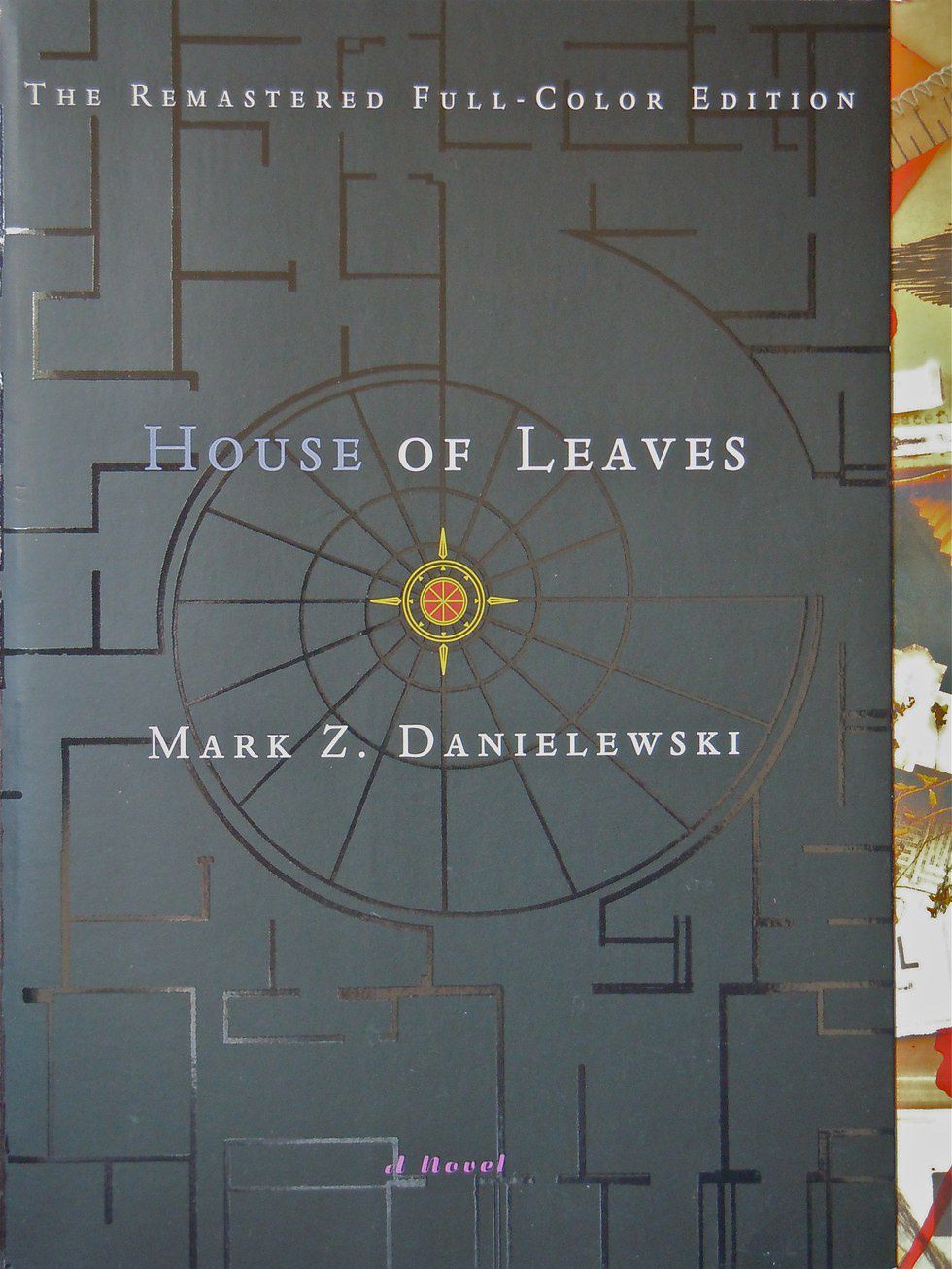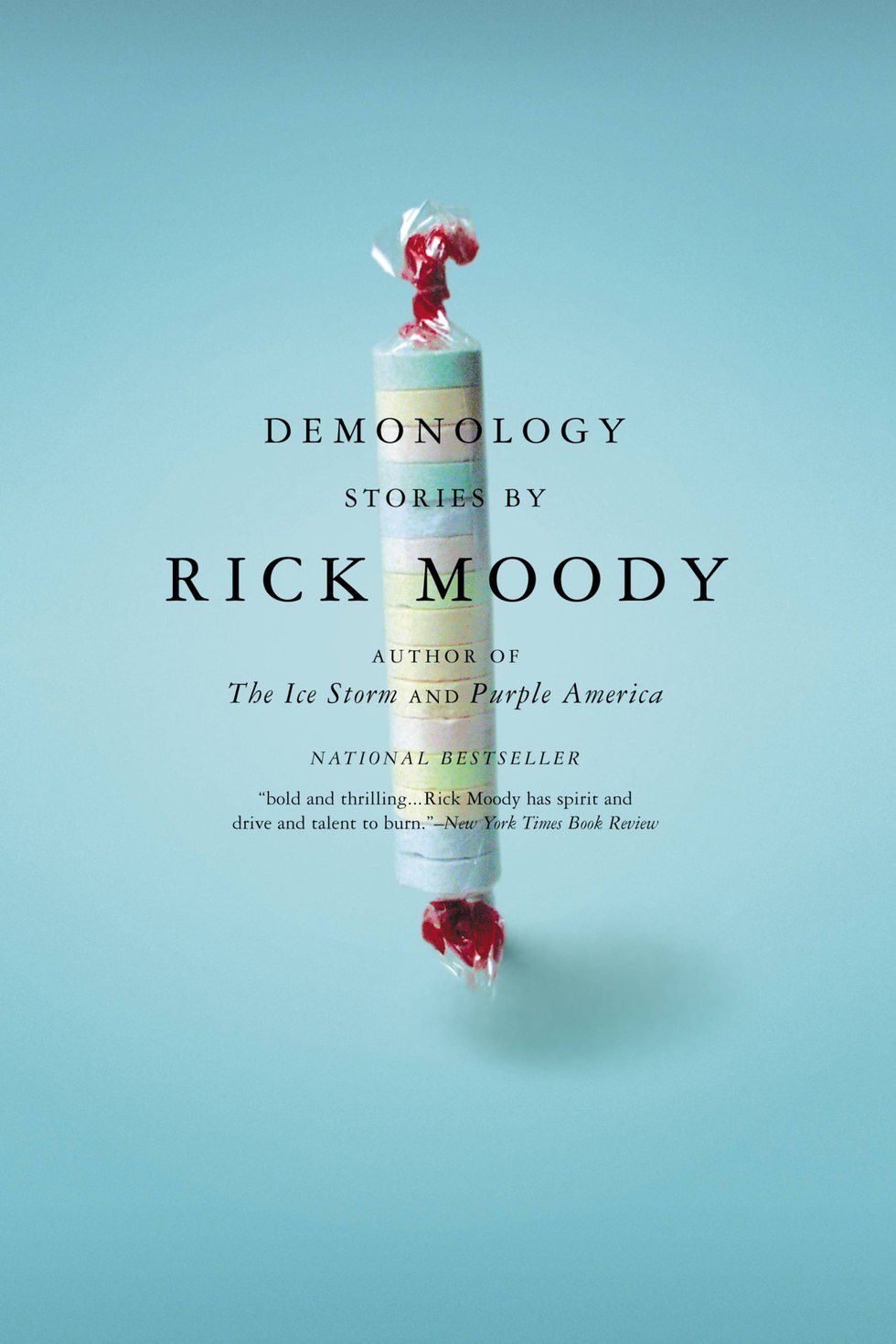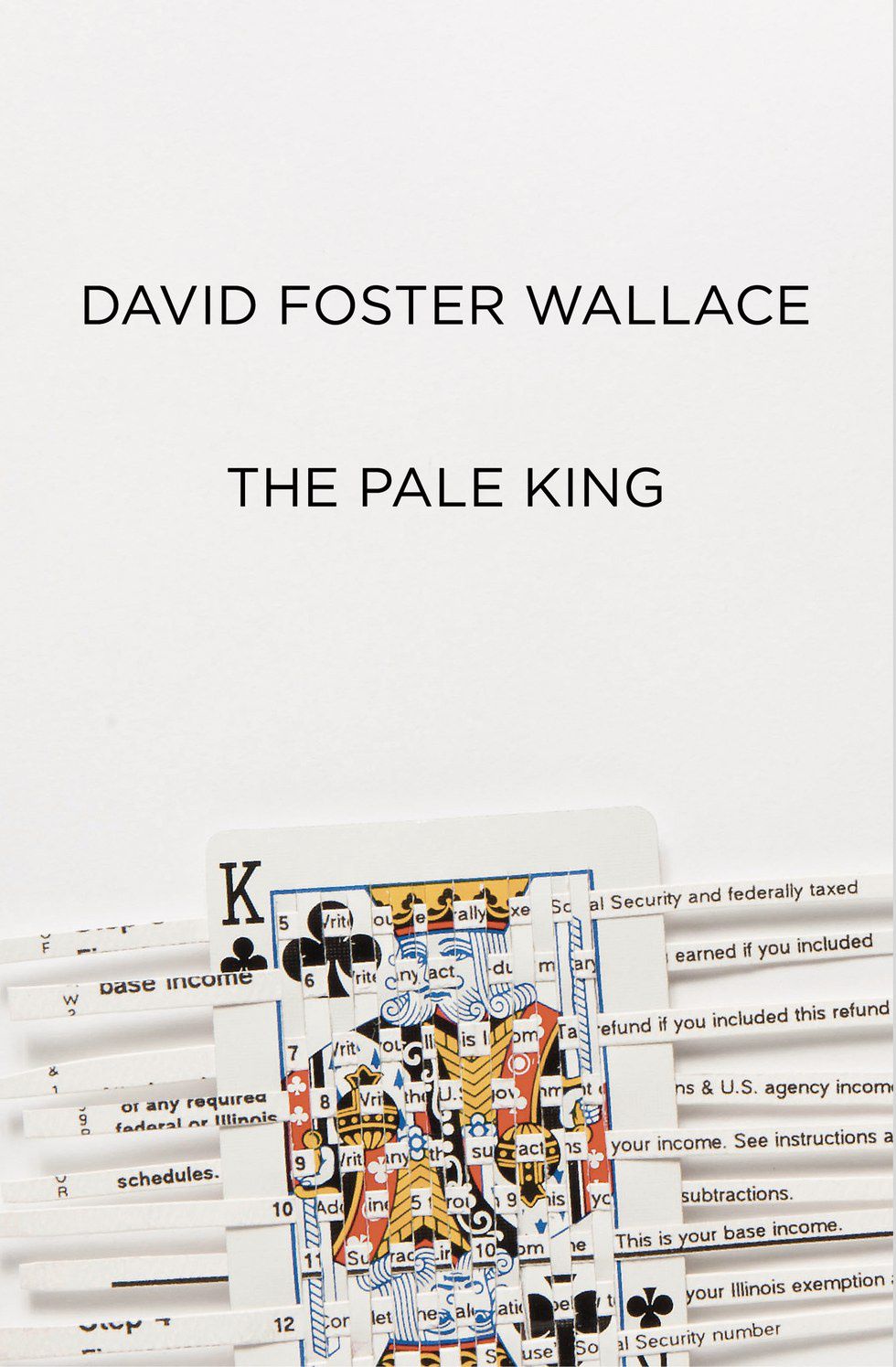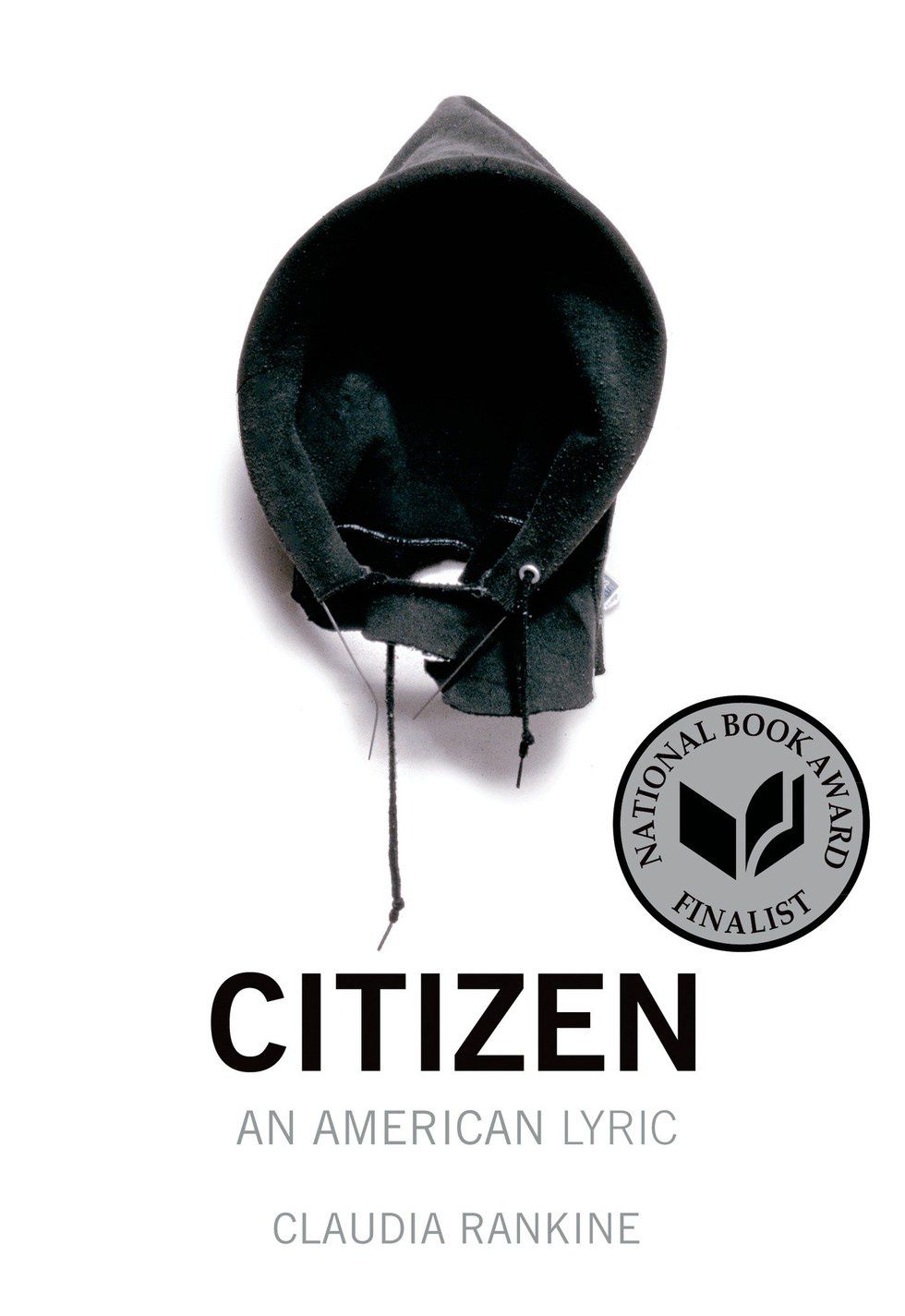Over the summer I have been doing quite a lot of reading. A lot of that reading has been the classics — Kafka, Barnes, Vonnegut, Faulkner, all the way back to Melville, Dostoyevsky, Bronte, those sorts of folks — and the remainder has been literature from the past 20 or so years.
Let me tell you something, in case you didn’t know it: something definitely changed between then, and now.
Something big.
Change may not be the right word, now that I think about it: it’s more like writers of the past 20 years have, by carrying on the written tradition, crossed a barrier of self awareness and begun moving into the world of hybridization, pluralism, and united individuality. We can no longer ignore that the reader knows that an author is there, behind the book: and we can no longer ignore the fact that we, as writers, know that the readers know this. We can also no longer ignore the fact that we, as writers, are needed by the human community more than ever: and at the same time we can also not deny our, at least partial, ignorance of how most other humans live. As writers, it is our duty to lift up minority voices, it is our duty to expose and critique systems of oppression, and now it is our duty to lift society from this state of nihilistic individualism, which Postmodernism, commercialism, and modern politics have sent us into.
[Side note: There is also such a huge number of dividing lines in contemporary culture — race, sex, gender identity, sexual orientation, age, body shape, etc. — so it is really quite interesting when we look at how this rampant individualism affects the form and content of modern writers.]
I have picked four pieces of writing from over the past 20 years, all of which I have read in the past year: I plan to show through examples why and how contemporary literature is heading into uncharted territory, and what that uncharted territory appears to look like.
Mark Danielewski, House of Leaves, 2000:
A fragmented and layered meta-narrative about a guy, Johnny Truant, who finds a critical essay written and stored away by some old guy, Zampano; an essay which goes into painstaking detail describing the formal qualities of a movie which may or may not even exist. Essentially, (trying to be brief here) the movie is about a house in which, all of a sudden, this strange closet appears, and inside the closet is an area of incalculable dimensions and an infinity of rooms and corridors and hallways. The star of the movie, Navidson, and the rest of his crew, all end up either losing their minds, or dying: the same fate that ends up engulfing both Zampano, and Johnny Truant. This is a book about obsession: featuring a slew of obsessively characterized characters who are obsessed with exploring their own infinitely complex situation. The characters are always presented to the reader through fragments of stories and experiences of that character. Inspired by the grunge attitudes of the 90s, this book uses fragmentation of thought and narrative, hybrid forms (including expressive typography, photos, fake critical essays, and hand drawn notes/illustrations), footnotes, appendices, endnotes, an index, all of which work together to create a sort of collage, and a sense of wholeness is created by this juxtaposition of disparate pieces of narrative.
Rick Moody, Demonology (the titular story, not the entire collection), 2002:
A story about loss, the inability to express one’s self in the correct way, and the paradoxical nature of human emotion: Moody uses fragments of discontinuous narrative to create a sense of confusion and frustration. The novel is character based, and the main character is characterized through fragments of stories and experiences: there is a self-awareness which is totally sincere in its presentation and concerns, and is included for the reason of deepening the reader’s understanding of the main character. Most important, though, is that this story explores the endless contradictions of normal human existence, especially in terms of how our emotions act and react.
David Foster Wallace, Pale King, 2011:
An unfinished novel exploring the banality of daily office life, and the simultaneous significance and drudgery of carrying out bureaucratic operations. The book operates solely on language and its characters, of which it has 37: all the characters are explored internally, through memories and experiences. The book explores the beauty language can create VS. the horror/torture/boredom that language can just as easily create: Wallace exposes the thin lines of difference running through and between groups of people, showing how close all of our “different” individual interests, experiences, perceptions, etc. really are. The maintenance, organization, and collection of data in the information age has, in this book, become the new Frontier; IRS agents are seen as the new explorers, the people who are now at the head of progress, and the entire idea behind the novel is that those who can better stand ennui can do things that other people simply cannot.
Claudia Rankine, Citizen, 2014:
A book about race and racism in america: exploring the experience of a minority group against the backdrop of a system which works to retain the status and wealth of a privileged few. Rankine explores these topics, which infect each area of American life, by using multiple different literary forms (prose, poetry, dialogue, play, essay, lists, etc.), as well as including illustrations, paintings, collages and photographs throughout the piece. The narrative is free floating in form, consisting of the free association between different experiences, cultural events, and memories. Using fragmentation, dense and oddly paired images, and the juxtaposition between her beautiful language and the darker nature of the book’s content, Rankine has created a piece of writing which is neither fiction nor non-fiction, neither about one person nor the world: it is at once specific and ambiguous, dense and light, and allows the reader to peer into an extremely complex, and possibly unfamiliar, area of life.
Okay, so that was a very quick run-down of those pieces of writing, by no means an in-depth analysis; but I hope you can start to see the general idea here. All of these authors use fragmentation in order to focus on the emotions/experiences/ideas of a character or characters. The authors also seem occupied, in each their own ways, with the idea of paranoia and obsession: whether it be with a piece of entertainment (Danielewski), with trying to understand race (Rankine), with the organization of information (Wallace), or with dealing with loss (Moody), each author seems to feel that the Information Age is a product of, and further fuel for, our need to understand something. In the postmodern world, the idea of understanding something was a joke: for these authors, there seems to be a true yearning to understand the truth, to work obsessively at finding something true in a place with so many things. The characters are also extremely individual but, at the same time, also feel incredibly relatable and real for the reader: to me this seems to be an attempt at reconciling the differences between individualism and the growing feeling in Millennials that we are missing a source of community. We are, in response to the staggering amounts of information, seeing the merging of styles, narrative techniques, literary movements, form, content, and different media in each of these books, to one level or another: we see the beginning of Hybrid Literature with the aim of encompassing more of the human experience than writers had ever thought possible.
This is some seriously exciting stuff, people.
As I wrote earlier this summer, I believe we are heading towards the world of Hybridity, and that this is a natural response to the train wreck that was the first decade of the 2000s: we as artists are beginning to try and encompass more and more of american life, which the internet age has now shown us is far more expansive and multifarious than we had ever thought. As we learn more and more about other people — from other parts of our neighborhood, other parts of our state, other parts of our country, other parts of our world — we seem to become more and more unsure of ourselves: at least that’s how it seems to me. For me, I have trouble writing sometimes because 1) there are so many things to write about and 2) because there are so many ways to phrase it, arrange it, etc., and 3) I always feel as though I am leaving something/someone/somewhere important out.
I think that this combination, of fragmentation, obsessive characterizations, and hybrid elements which we are seeing in much of contemporary fiction, is perhaps the most interesting idea in terms of the future of literature: intersectionality is being employed in that authors seek to explore as many lives and experiences as possible in a single book. More importantly, the use of fragmentation respects each fragment on its own as an individual, and the book as a whole is what the fragments have in common: and isn’t this just the exact sort of sentiment we as a country need right now? Because, folks, let’s be honest: we are fragmented; differences are in abundance at the moment.
It is easy to see literature continuing down this path, its form becoming more and more fragmented; perhaps to the point where person/time/place changes on a sentence to sentence basis. Or perhaps we will veer a slightly different way, where hybrid writing is the only way we can correctly express ourselves. But, then again, maybe this step in literature is something more: maybe this step in literature is towards a world where there are no conventions, no labels, no genres; a world where each writer puts in exactly what they feel they need to, without limits or rules or worrying about traditions. Maybe where literature is heading, instead of its final resting place, is to a place where writers can simultaneously have respect for, and be free from, the conventions and restraints of the past.














































